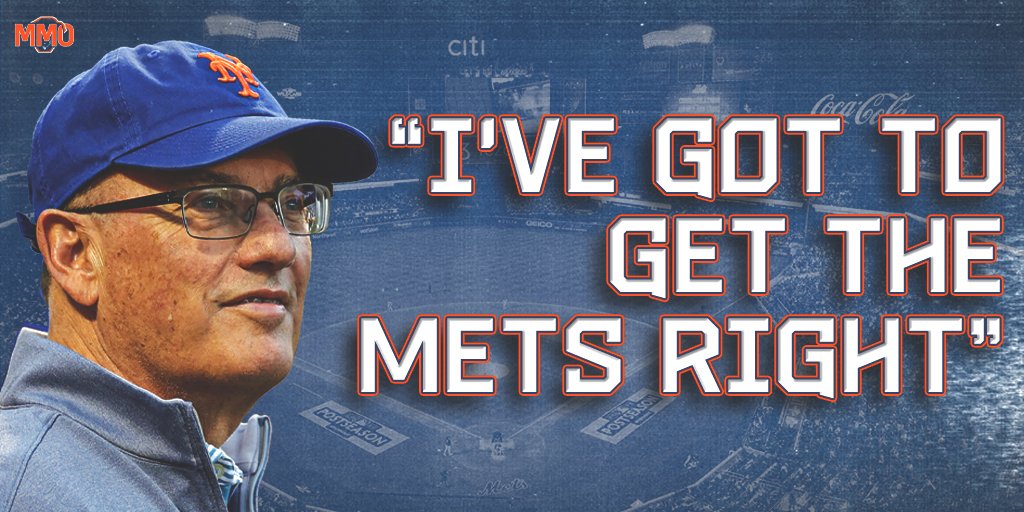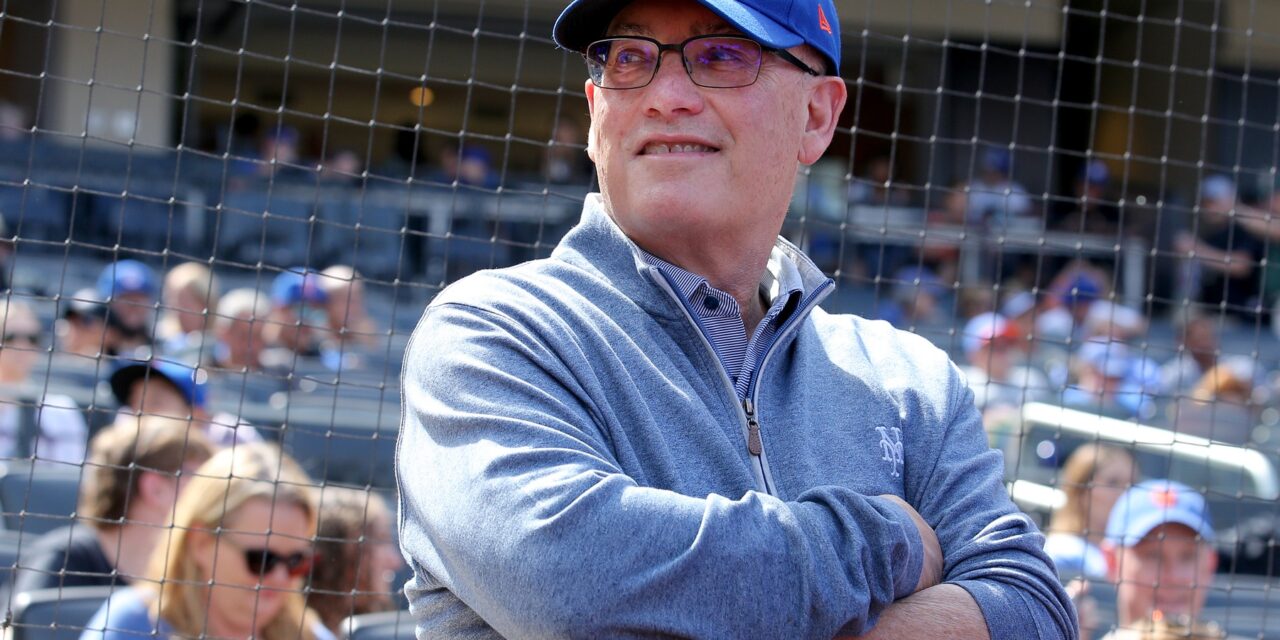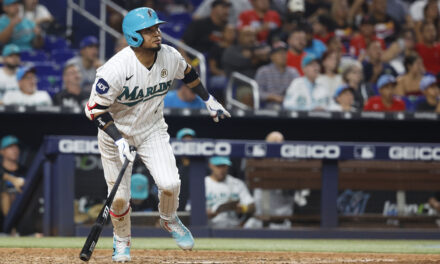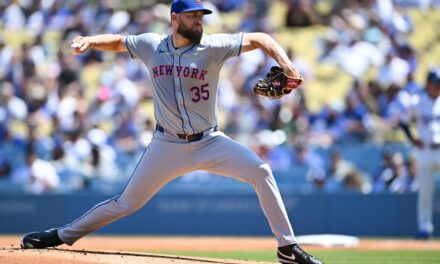In November 2020, Steve Cohen officially bought the New York Mets, and in his first press conference, he told fans and media it would be a disappointment if the franchise didn’t win a World Series in three to five years. It’s been three years, and the Mets have only one playoff win to begin the Cohen era.
Cohen was finally able to hire his long-coveted baseball decision maker, David Stearns, to be the president of baseball operations last week. “I was really patient, and I think that was the right move,” said Cohen. With that, Cohen is eager for the Mets to become a perennial winner finally. “I’ve got to get the Mets right,” Cohen said at Sportico’s Invest in Sports conference on Wednesday.
“Once I get the Mets right and get the model down, I can think about doing something else…I’ve got to get this right and I haven’t gotten it right yet.”

Cohen and Stearns were thrown a curveball last week when Mets GM Billy Eppler shocked the baseball world with his resignation. The story, for now, is that Eppler resigned amid an MLB investigation into improper injured list usage. According to Newsday, Cohen declined to comment on the Eppler resignation at the Sportico conference.
The Mets owner is still confident that they can be contenders in 2024 and beyond despite their extremely disappointing season this year. “I’ve had one good season, and this year didn’t pan out the way we hoped. It’s still brick by brick… There’s a lot of good things going on [behind the scenes] that’ll pay off down the road,” Cohen said.
Cohen noted that he had dinner with Francisco Lindor on Tuesday night before the star shortstop had surgery to remove a bone spur from his right elbow. “I know a lot of owners don’t like doing that because you don’t want to get too close, and then you have to trade them and that type of stuff,” Cohen said. “I look at it differently. I want them to go out in baseball and go, ‘That was a great experience.’ ”
The 2023 Mets team was certainly a disappointment, but they were able to restock the farm system during the deadline, adding pieces like Luisangel Acuña, Ryan Clifford, and Drew Gilbert by deciding to trade veteran aces Max Scherzer and Justin Verlander.
“That was a hard decision. Actually, it wasn’t,” Cohen said. “It was a clear decision. I was patient. I was waiting for the team to demonstrate some consistency. We’d win three or four in a row and then we’d lose three, four in a row. We never really got it going. I think at that particular time our odds were like 15% to get into the playoffs.”
Verlander and Scherzer (assuming he’s healthy enough to return) will meet in the American League Championship Series for the Astros and Rangers, respectively.
“Look what Justin Verlander has done for Houston; he’s pitched great,” Cohen said. “There’s an example where I was looking at the intermediate/long term and they were thinking short term. How could they get into the playoffs and advance in the playoffs? So I would argue I was arbitraging different time frames, and I bet if you called [Astros owner] Jim Crane today, he’s thrilled and I’m thrilled. That’s great.”
Cohen is in the midst of interviewing to fill the role of president of business operations and indicated that a hire could be made soon because one person has received a second interview. “Usually, I like everyone the first time,” Cohen said. “It’s the second where I really start to dislike them.
Mets players Jeff McNeil and Kodai Senga recently played Mario Kart 8 Deluxe on the big screen at Citi Field, giving Cohen some potential ideas. “[It] actually gave me an idea about how to use the facility to have people actually use this big scoreboard when we’re not there for events for video games and that type of stuff,” Cohen said.
The big scoreboard is one of the many improvements Cohen has made to Citi Field, and he hopes to continue those outside of the ballpark as well with the 50 acres of asphalt outside the parking lot.
“We’ve done some investing in ballparks and trying to create a fan experience people are excited about. I have tons of ideas I want to implement,” Cohen said. “You can’t spend an unlimited amount of money, so you’ve got to budget. And also, dealing with the underinvestment that I had to deal with coming in. I call it the money pit.”
















